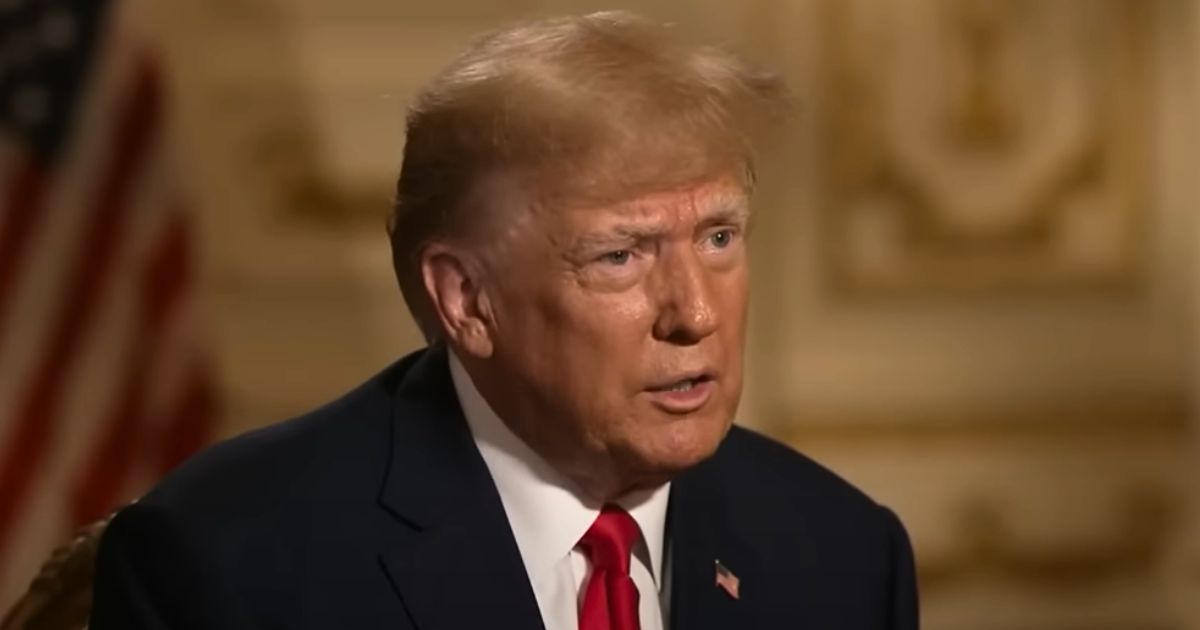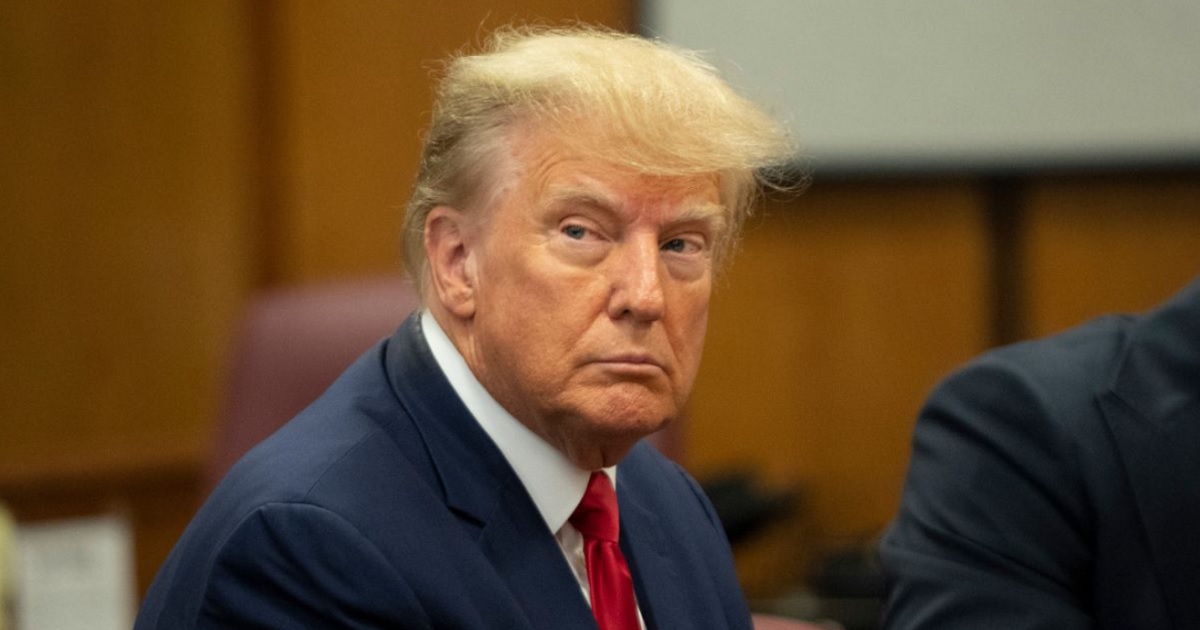Republican lawmakers launch probe of Ivy League tuition practices
On Thursday, Republican leaders of judiciary committees launched a rigorous probe into suspected price rigging among Ivy League schools.
The congressional investigation scrutinizes whether these elite institutions have illicitly conspired to escalate tuition costs and manipulate financial aid offerings, as Just the News reports.
This investigation follows allegations that institutions including Brown, Columbia, Cornell, Dartmouth, Harvard, Princeton, University of Pennsylvania, and Yale may have synchronized their tuition fees and financial aid policies.
Spearheaded by chairs of both the House and Senate Judiciary Committees, the inquiry seeks to uncover if these practices amount to profit maximization at the expense of students and parents.
Key lawmakers spearhead inquiry
The investigation's lead figures are notable Republicans, including House Judiciary chairman Jim Jordan and Senate Judiciary chairman Chuck Grassley.
They are joined by Mike Lee and Scott Fitzgerald, chairs of the respective judiciary subcommittees on antitrust matters. Together, they sent letters demanding documents from the administrations of all eight Ivy League schools.
These letters urge the schools to provide any relevant communications or documents by the deadline of 5 p.m. on April 22. The comprehensive request includes communications detailing tuition price settings and financial aid strategies.
The legislators emphasize the seriousness of the allegations, suggesting that these practices might breach federal antitrust laws specifically outlined in the Sherman Act. They expressed particular concern over policies that appear discriminatory and profit driven.
Political context underlies probe
The move by the Republican lawmakers comes amidst broader political scrutiny of top-tier educational institutions in the U.S. This scrutiny intensified particularly after incidents of antisemitic protests on various campuses last year.
The inquiry not only reflects concerns about potential legal violations but also taps into ongoing debates over the ideological biases perceived to be prevalent in such institutions.
Critics, primarily from the conservative spectrum, argue that these schools excessively prioritize diversity, equity, and inclusion at the expense of broader academic freedom and fiscal fairness.
In their communications, the lawmakers have pointed out that these institutions might still be benefiting from past collusions regarding tuition fees, despite the absence of a formerly granted antitrust exemption.
Sherman Act implicated
The Sherman Act is a fundamental statute in U.S. antitrust law designed to prohibit various anti-competitive behaviors among organizations. Under this law, coordination among businesses -- or in this case, educational institutions -- to set prices can be considered illegal.
The implicated Ivy League schools are accused of conspiring to set tuition prices and selectively award financial aid, activities that might violate these antitrust principles. If found culpable, the consequences could range from fines to more stringent regulatory scrutiny.
Despite these potential repercussions, none of the investigated schools have yet publicly responded to the allegations or the inquiries from the judiciary committees.
Broader implications possible
The outcome of this investigation could have far-reaching effects for the landscape of higher education in the United States. A finding against the Ivy League schools could prompt a reevaluation of tuition pricing and financial aid practices across all private universities.
Moreover, it could influence public opinion about the value and affordability of elite education, potentially fueling further political and regulatory action. The education sector is closely watching the developments, understanding that the ripple effects might extend well beyond the Ivy League.
In sum, as the deadline for document submission approaches, all eyes are on these elite institutions to see how they respond to this high-stakes inquiry. The investigation not only challenges the financial practices of these schools but also implicitly questions their role and influence in contemporary society.





